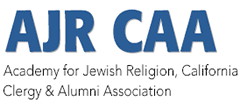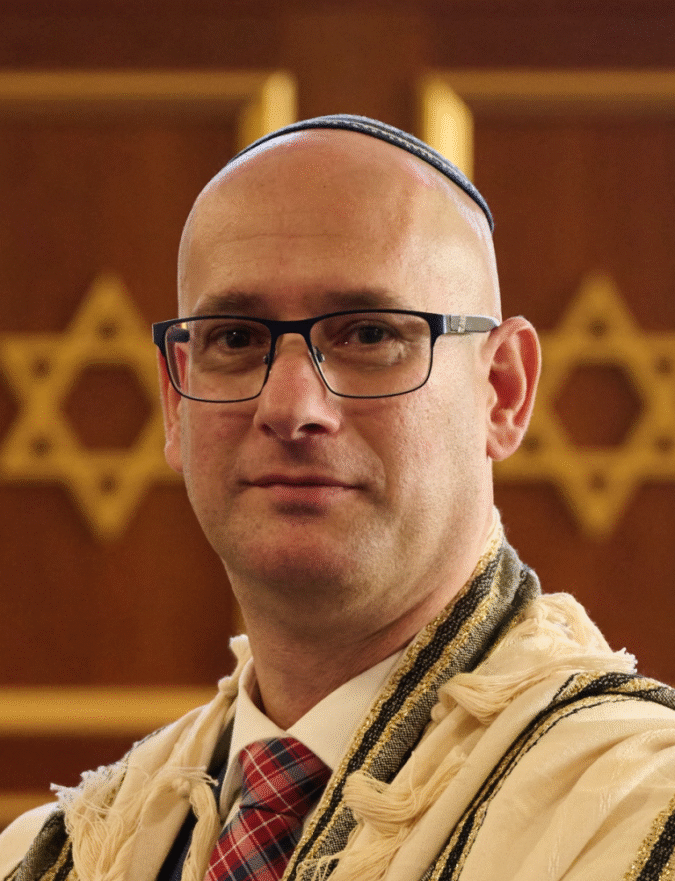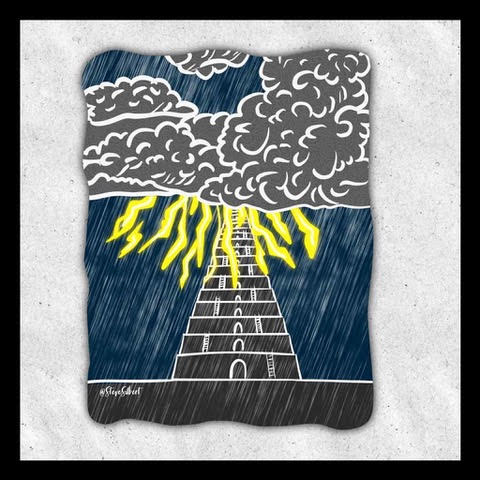Rabbi Adi Cohen: Vayeira
Rabbi Cohen writes about Hachnasat Orchim – the responsibility to welcome guests. He cites Avot 3:7, which teaches that the divine presence is found in our relationships with others. Yet hospitality can be challenging, especially in a world of isolation and marginalization.











